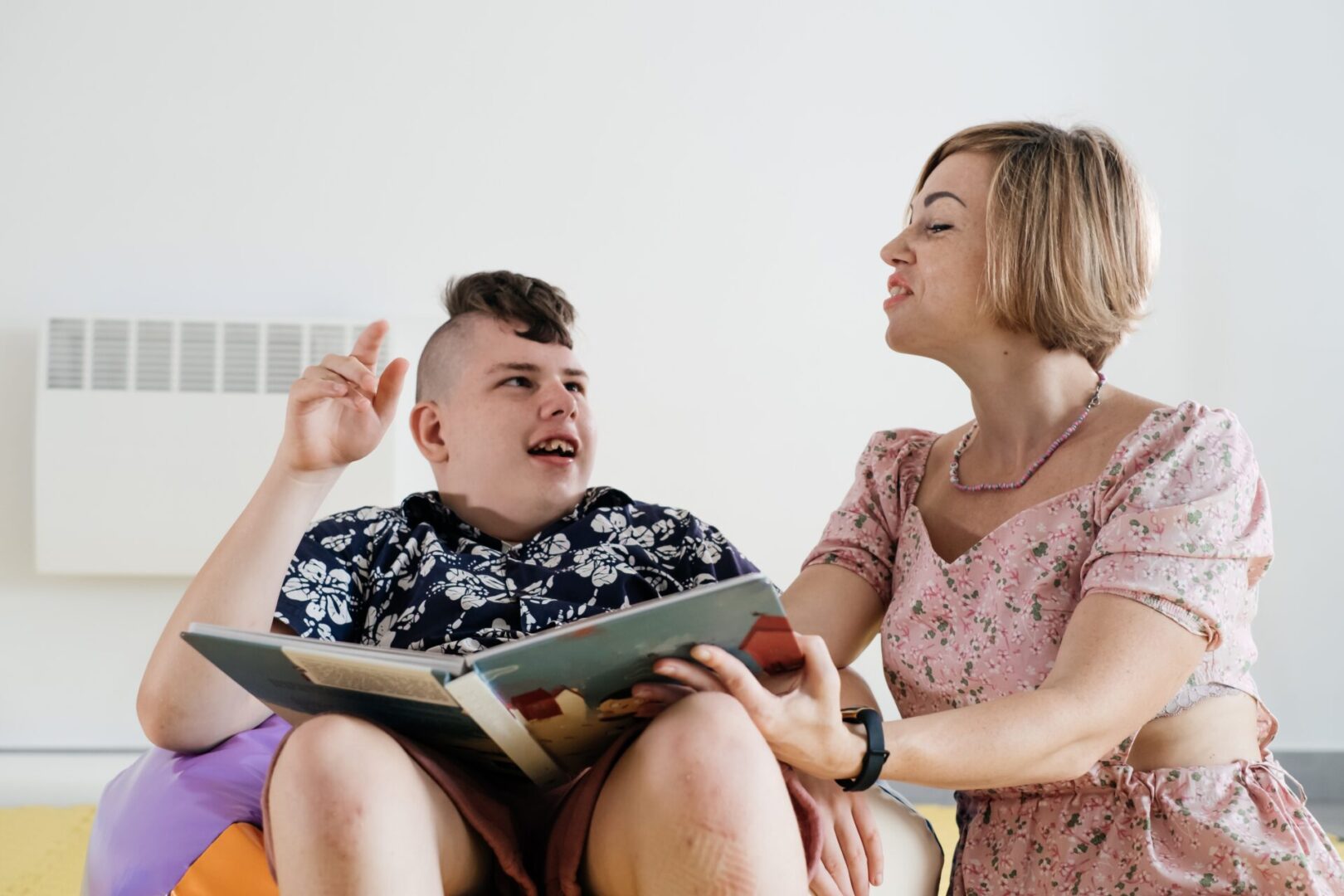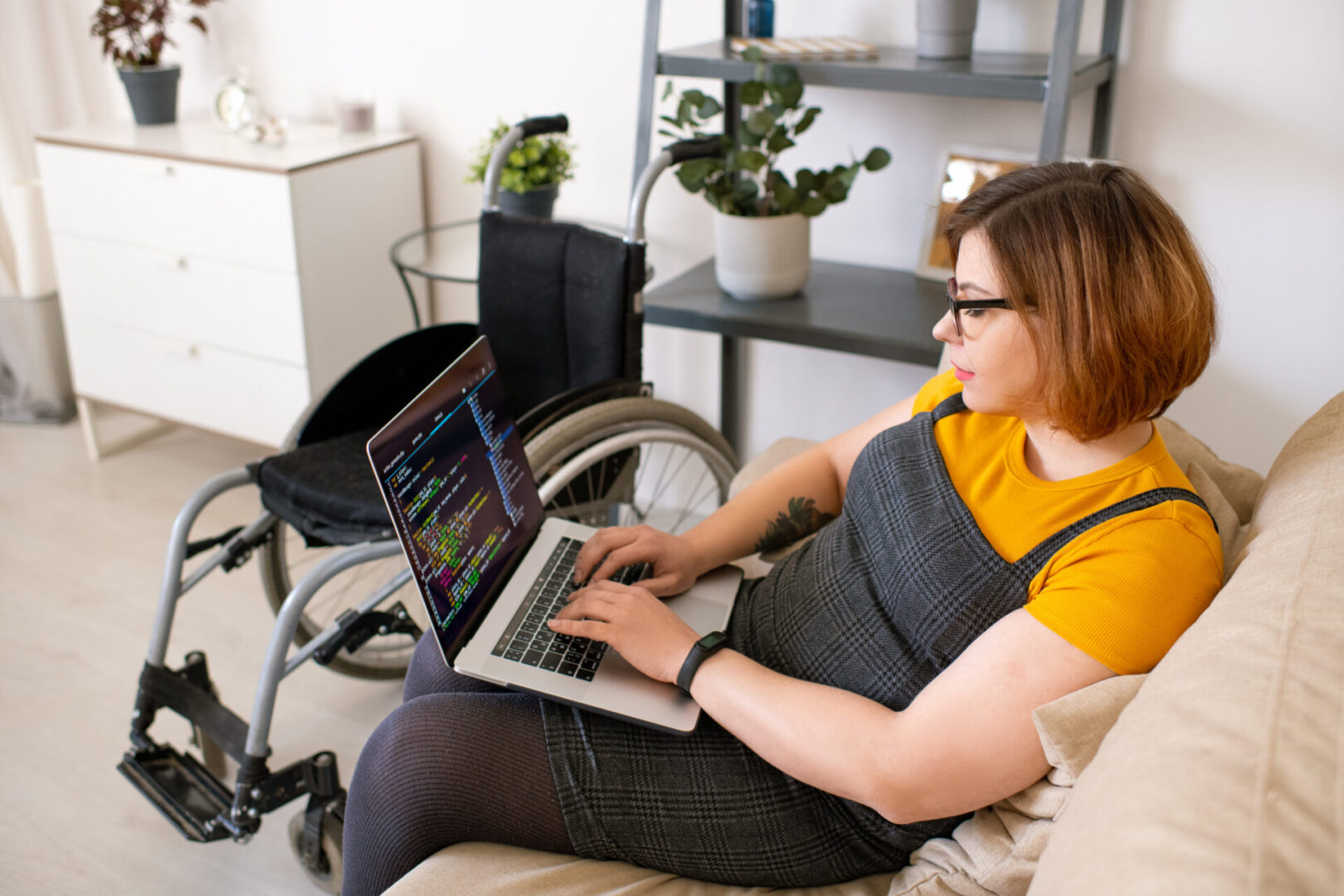Supported Independent Living (SIL) is a type of funding provided under the National Disability Insurance Scheme (NDIS) in Australia. It is designed to help individuals with disabilities live more independently by providing support with daily tasks and activities in a shared living arrangement, or in some cases, individually.
Key Aspects of SIL:
- Support with Daily Tasks: SIL funding covers assistance with everyday activities such as personal care, meal preparation, cleaning, and managing medications.
- Shared Living Arrangements: SIL is often provided in shared living environments where two or more participants live together, but it can also be available for those living alone if appropriate.
- Tailored Support: The level and type of support are tailored to each participant’s needs. Support can range from a few hours a day to 24/7 assistance.
- Goal-Oriented: SIL is designed to help participants achieve greater independence and improve their quality of life by working towards personal goals.
- Funding and Eligibility: To receive SIL funding, participants need to have it included in their NDIS plan. The NDIS assesses eligibility based on the individual’s disability-related needs and goals.
SIL is part of the broader NDIS framework, which aims to provide flexible and personalised support to Australians with disabilities, enabling them to live more fulfilling lives.
Who can provide NDIS Supported Independent Living in Australia?
These providers play a crucial role in ensuring that participants receive the support they need to live independently while achieving their personal goals.


